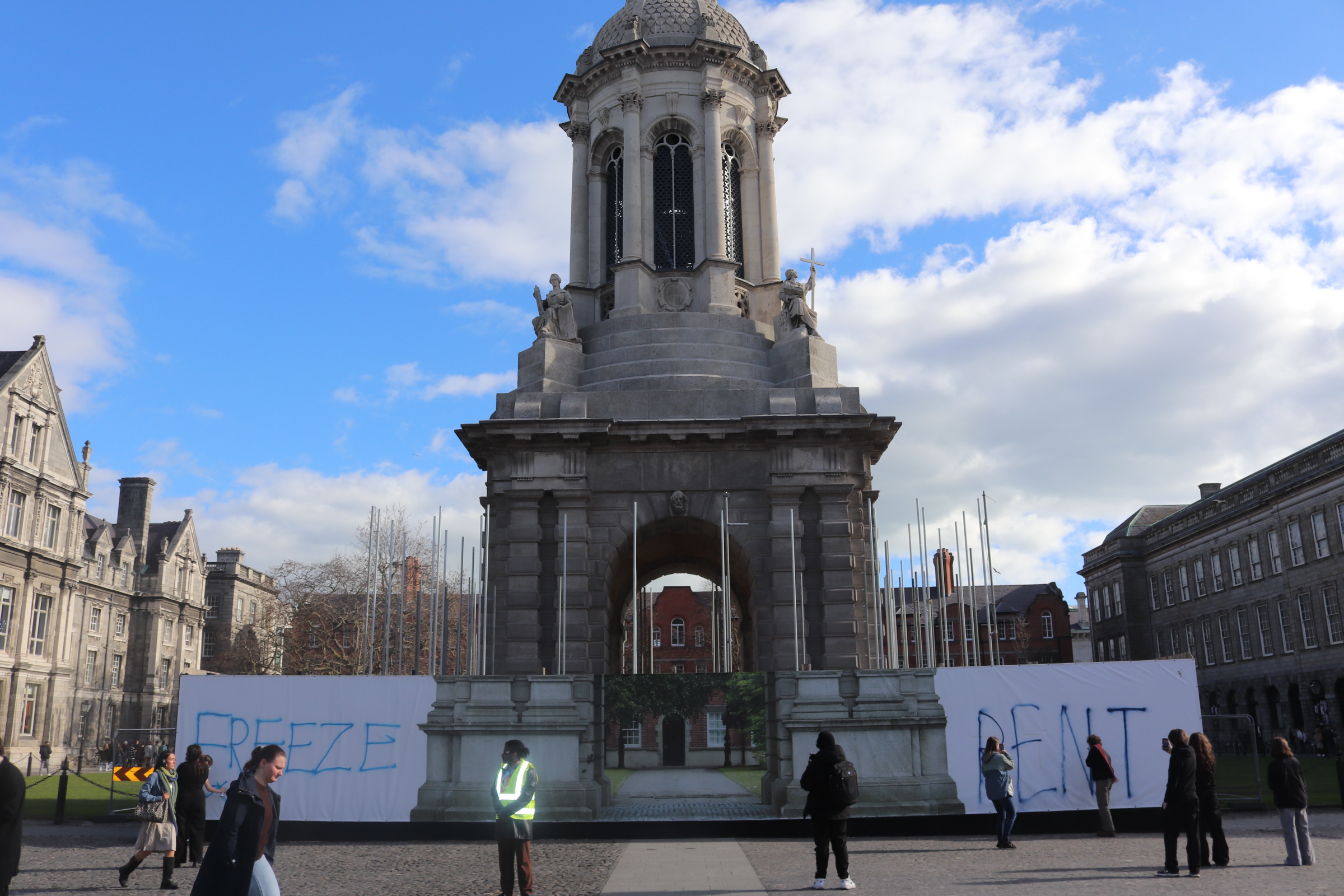The divestment campaign is rapidly gaining traction in Trinity. The University Times has reported extensively on the issue in recent months, and the Editorial Board has already stated its views on why Trinity should divest. The College may not presently have direct control over where its money is invested, but it retains the power to send a message by rejecting funds that invest in fossil fuels.
The next issue, then, is how to divest. By what ethical standards should Trinity constrain its investments and to what firms and industries do those standards apply? The question may seem a bureaucratic one, but it sits at the heart of any desire to make a cohesive ethical statement with the university’s funds.
This logic implicitly answers a common fear raised when The University Times found that Trinity has nearly €850,000 invested in the arms industry, which is that integrating this information into a divestment campaign risks undermining the unique importance of divesting from fossil fuels. But divestment is not a step-by-step process. It is a major reallocation of the College’s strategic resources that is unlikely to be reconsidered or expanded if it is eventually undertaken.
Arms divestment cannot be split from that of fossil fuels because they are fundamentally the same concern. As students, we should care that our university’s investments align with a coherent set of ethical principles. Rejecting the fossil fuel industry may be a major part of that process, but that doesn’t mean that other concerns are irrelevant or even counterproductive. The best way to advance student views is by building a comprehensive and compelling ethical narrative to bring to divestment discussions.
Trinity may soon agree to reconsider its investment strategy, either by adopting direct investment or by moving to a “clean” or “green” fund. If this occurs, students will have an unprecedented – and singular – opportunity to express their vision for the future. Whether that vision excludes fossil fuels or the arms industry or unethical labour practices, this will be our chance to act on it. Accepting the argument that these issues are competing for our attention, or that of College’s, risks failing to take full advantage of that opportunity.






